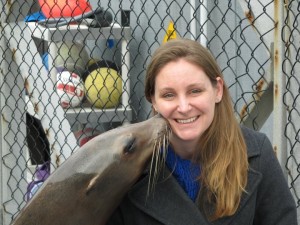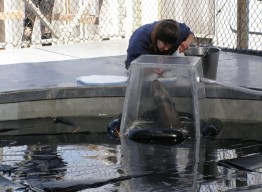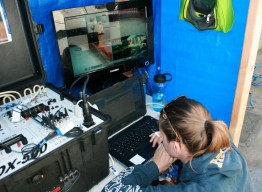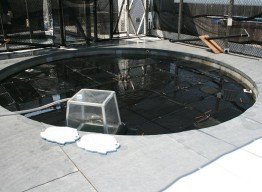Why was Alaska a good fit for your project?

How did your experience in the MSES program prepare you for your current and future work?
As a Science Analyst at the National Science Foundation, I use my degree every day. My work is highly focused in research journals and data analysis. The MSES program gave me a strong foundation in marine ecology, marine policy and statistics, all very critical in the success I have achieved in my job.
What advice do you have for MSES students? For prospective students?
The best advice I can give is to take advantage working on projects with fellow students and professors. One of the most unique aspects of APU is its size, which allows students to work more closely with professors and with each other on a huge variety of topics and disciplines. It’s highly advantageous for current and prospective students to expose themselves to as much science and research as possible. It’s great that APU encourages that to happen.



